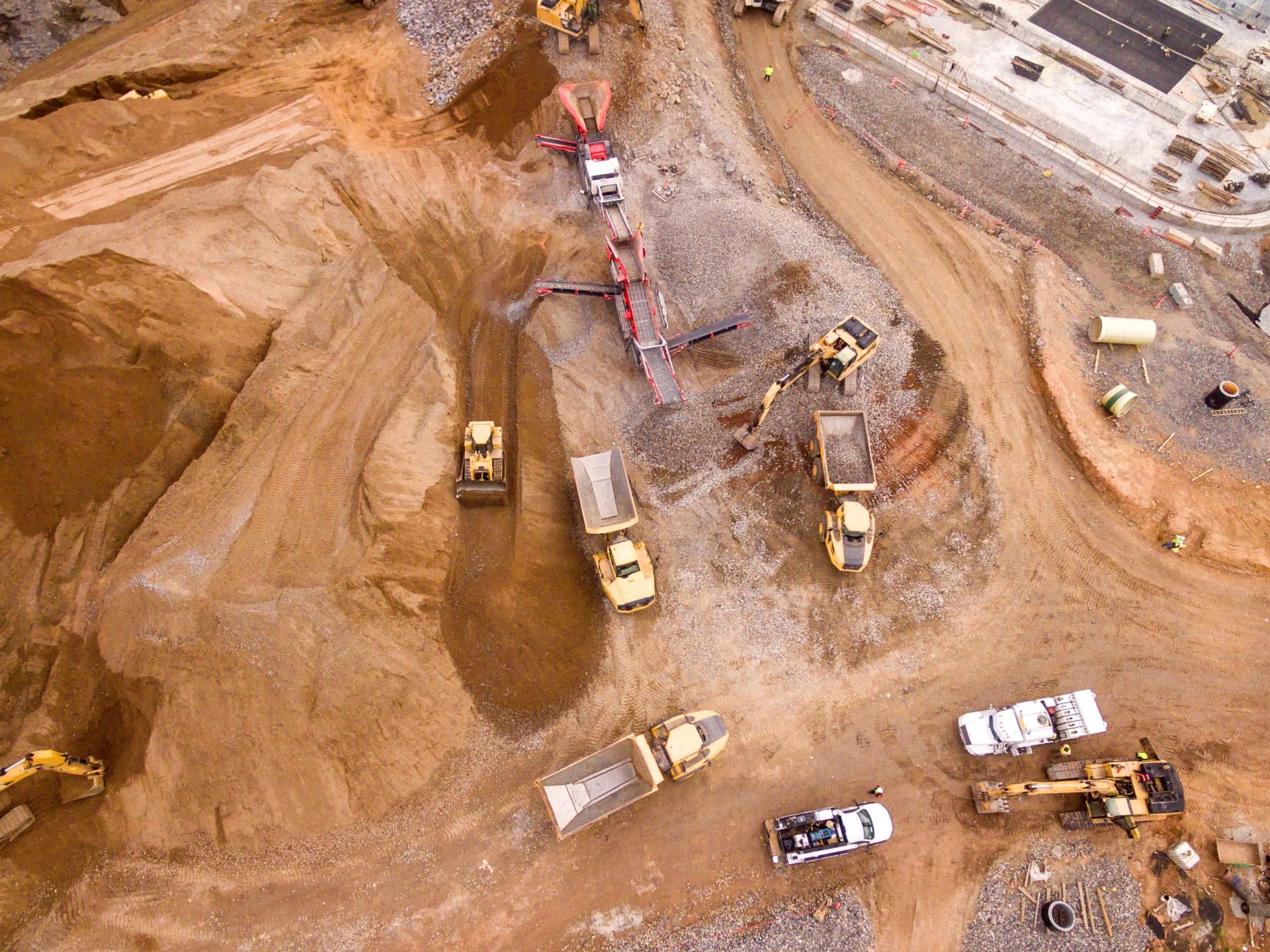IN THIS SECTION |
2. The CA100+ Benchmark Framework 3. Disclosure Framework Methodology |
The Net Zero Company Benchmark draws on distinct analytical methodologies and datasets based on public and self-disclosed data from companies. These evaluate focus company performance against the initiative’s goals and their progress on the net-zero transition.
The measurement of company actions against this roadmap provides an entry point for signatories’ conversations with companies, however all investors have differing mandates and starting points together with considerations of jurisdiction, regulation and best practice, from which they make their own decisions and frame engagements at a local, sector and company specific scale.
The below methodologies and framework apply to the October 2024 (V2.1) Benchmark assessments.
StructureThe Net Zero Company Benchmark assessments are structured into the following elements, in order of granularity:
|
Scope of assessments
The 2024 Benchmark Disclosure Framework and Climate Policy Engagement Alignment Assessments, cover 165 CA100+ focus companies.
The following companies have been added to the CA100+ focus list in June 2023 and assessed from October 2024 (v2.1) onwards: Ameren Corp., Baoshan Iron & Steel Co., Ltd., Carrefour S.A., EOG Resources, Inc., EQT Corp., Honeywell International Inc., JBS S.A., Mitsubishi Heavy Industries, Ltd., PBF Energy Inc., Saudi Basic Industries Corp. (SABIC), Samsung Electronics Co., Ltd., Tata Steel Ltd., The Home Depot, Inc.
Russian focus companies (MMC Norilsk Nickel PSJC, Gazprom PAO, Lukoil OAO, Rosneft Oil Company, and Severstal PAO), with whom investor signatories paused active engagement until further notice, have not been assessed against the Benchmark in 2024.
Adbri and Boral were removed from the CA100+ focus list in mid 2024 and therefore no longer have scorecards on this website, however assessments were made for these companies in 2024 and remain in the main downloadable data file.
Please note that the Climate Accounting and Audit Assessments also exclude utilities subject to rate-of-return-based regulation, while the Carbon Tracker Initiative and RMI Capital Allocation Alignment Assessments only apply to focus companies in the airlines, cement, electric utilities, oil and gas, and steel sectors.
The CA100+ Benchmark Framework version 2.1
The following is an overview of the full Benchmark Framework for the v2.1 Benchmark assessments released in October 2024.
Disclosure Framework
The Disclosure Framework Indicators, assessed by the Transition Pathway Initiative Centre (TPI Centre), draw on public and self-disclosed data from companies collected from sources such as corporate annual reports, sustainability reports, press releases, and Carbon Disclosure Project disclosures.
The Disclosure Framework comprises 11 Indicators. Each of these comprises 1-4 Sub-indicators which are divided into 1-4 Metrics each. Disclosure Framework Metrics are assessed on a binary Yes/No basis. On the basis of metric-level results, Sub-indicators and Indicators are then scored on a Yes/No/Partial basis (or Not Applicable/Not Assessed) labelled Green/Red/Amber (or Grey), respectively. The Disclosure Framework assessments do not provide overall or aggregate scores, or rankings of companies. In 2024, 165 focus companies have been assessed against the Disclosure Framework (Adbri and Boral are no longer CA100+ focus companies however included in this number as assessments are provided in the Downloadable Excel and overall figures).
ALIGNMENT ASSESSMENTS
Alignment Assessments complement the Disclosure Framework Indicators by providing independent evaluations of the alignment of company actions with the goals of Climate Action 100+ and the Paris Agreement.
These assessments are conducted by the Carbon Tracker Initiative (CTI), RMI (formerly Rocky Mountain Institute) and InfluenceMap. They can be divided into assessments applying to focus companies across industries and assessments applying to specific sectors.All Alignment Assessment methodologies are applicable to both the October 2023 and October 2024 Benchmark assessments.
CLIMATE ACCOUNTING & AUDIT
Provided by Carbon Tracker Initiative
CTI’s Climate Accounting and Audit Assessment evaluates whether a focus company’s accounting practices and related disclosures, and the auditor’s report thereon, reflect the effects of climate risk, the global move towards a 2050 (or sooner) net zero emissions pathway, and the Paris Agreement goal of limiting global warming to no more than 1.5°C. This assessment has moved out of provisional form in 2023. In addition, from 2023 onwards, this assessment will not apply to rate-of-return regulated electric utilities.
Download
CLIMATE POLICY ENGAGEMENT ALIGNMENT
Provided by InfluenceMap
InfluenceMap’s Climate Policy Engagement Alignment Assessments provide detailed analyses of the alignment of company climate policy engagement actions (direct and indirect via their industry associations) with the Paris Agreement goals, as well as the quality and accuracy of company disclosures on their climate policy engagement activities. In 2024, these assessments cover 165 focus companies.
Download
Alignment Assessments applying to companies in specific sectors cover the following areas:
OIL & GAS: CAPITAL ALLOCATION ALIGNMENT
Provided by Carbon Tracker Initiative
For oil and gas focus companies, CTI’s Alignment Assessments analyse companies’ potential capital expenditures (CapEx) for unsanctioned upstream oil and gas carbon-emitting assets relative to a range of climate change scenarios. In 2024, these assessments cover 32 focus companies in the oil and gas sector.
Download
ELECTRIC UTILITIES: CAPITAL ALLOCATION ALIGNMENT
Provided by Carbon Tracker Initiative
For electric utility focus companies, CTI’s Alignment Assessments analyse companies’ announced retirement schedules for coal and gas-fired power generation capacity and new planned additional carbon-emitting assets relative to a range of climate change scenarios. In 2024, these assessments cover 34 focus companies in the electric utility sector.
Download
ELECTRIC UTILITIES, AUTOS, AIRLINES, STEEL AND CEMENT: CAPITAL ALLOCATION ALIGNMENT, TRANSITION PLAN AND EMISSIONS INTENSITY ALIGNMENT
Provided by Rocky Mountain Institute
For electric utility and autos focus companies, RMI’s alignment assessments analyse focus companies’ planned capital allocation relative to a range of climate change scenario pathways for the electric utilities and autos sectors. RMI’s alignment assessments for airline, cement and steel focus companies analyse their planned economic outputs and associated emissions intensities relative to selected climate change scenarios.
In 2024, RMI’s assessments cover 34 focus companies in the electric utility sector; 12 focus companies in the automotive sector; 5 focus companies in the airline sector; 11 focus companies in the cement sector; and 9 focus companies in the steel sector.
